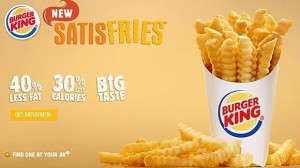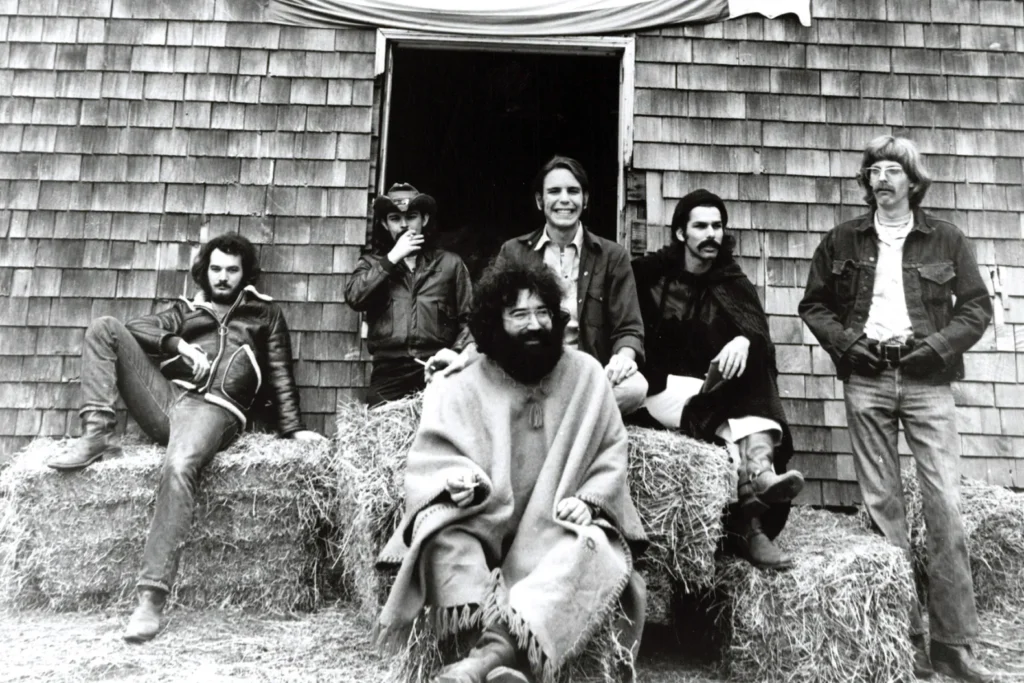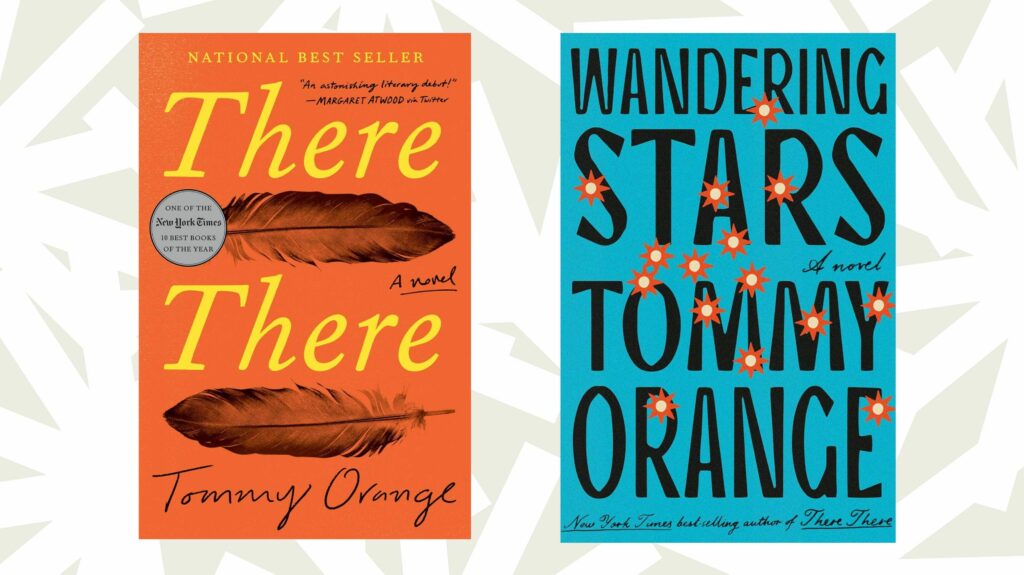 Yogi Berra said it best. “It’s déjà vu all over again.”
Yogi Berra said it best. “It’s déjà vu all over again.”
Burger King’s new Satisfries is the hamburger chain’s latest effort to overcome its inferiority complex and play catch up with McDonald’s. A Wall Street Journal article announcing the launch of Satisfries recounts BK’s the company’s many attempts at leveling the French fry playing field:
In the late ’90s, Burger King reworked its french fry recipe, hoping to grab customers from McDonald’s, only to see that version flop. It tinkered with the formula again in 2001. In 2011, Burger King changed its classic fries recipe yet again, making them slightly thicker and less salty.
They just can’t seem to get it right, can they? And now they seem to have thrown in the towel as far as going toe to toe with McDonalds on taste. It’s as if to say, “We know our fries aren’t as good as our competition, but now you can get the taste you don’t love with fewer calories and less fat!”
While USA Today declared that Satisfries was “destined to shake up the industry,” this latest iteration of BK fries does not bode well for the company.
In addition to punting on the quality issue versus its key competitor, can Burger King’s Satisfries even compare favorably with their established fries?
After what Burger King touts as a 10-year effort to create better fries through chemistry, the big breakthrough in the lab was a batter that absorbs less fat. As this has been widely reported in BK’s PR blitz, it seems that the first question people might ask is, “What’s in that batter?”
But getting back to taste, it’s hard to imagine fries with less fat tasting as good. The flavor is in the fat and the greasier the better. I used to do a lot of traveling with my client and friend from Caesars Entertainment, Maria Evans. After sharing many meals on the road, ranging from fast food to local dives to upscale hot spots, it struck us one day that the best dishes we shared, those we would always talk about the day after, were all loaded with fat. (Or sugar. Or both.) Which led us to contemplate a new line of t-shirts sporting the slogan:
More important, are low fat french fries what people really want? Will regular consumers of french fries make a real or perceived taste trade off for 70 fewer calories per serving? And for people like me who seldom eat fries (that’s my story and I’m sticking to it), who cares about the 70 calories?
I like to say that if I’m going to eat foods that aren’t good for me, it better be worth it. For these once and a while treats, I’d much rather consume 340 calories of something that’s really tasty than 270 calories of something that’s mediocre.
It’s why I don’t buy light beer anymore. I’m not pounding them down the way I did in my 20’s. While I’m always watching my weight, choosing a full flavored Dos Equis or Anchor Steam with 150 calories per serving instead of a watery Miller Lite with just under 100 calories is a no brainer.
And this begs the question, will ordering these fries really help people eat healthier? If the beer market is any guide, younger, drinking age consumers seem to favor light beer because they can drink more of it. Will the young men at the heart of BK’s target simply order more fries?
I recently wrote about Nestlé’s launch of new and improved Hot Pockets with “premium ingredients,” which they felt would lift sales by appealing to the growing “foodie” market. But would a foodie ever eat a Hot Pocket? It’s a case of marketers correctly identifying a trend but not understanding how it applies, or doesn’t apply, to their own product.
Do people want to eat healthier? Of course, many do. Is a “healthier” French fry the way to achieve their goal? Unlikely.




